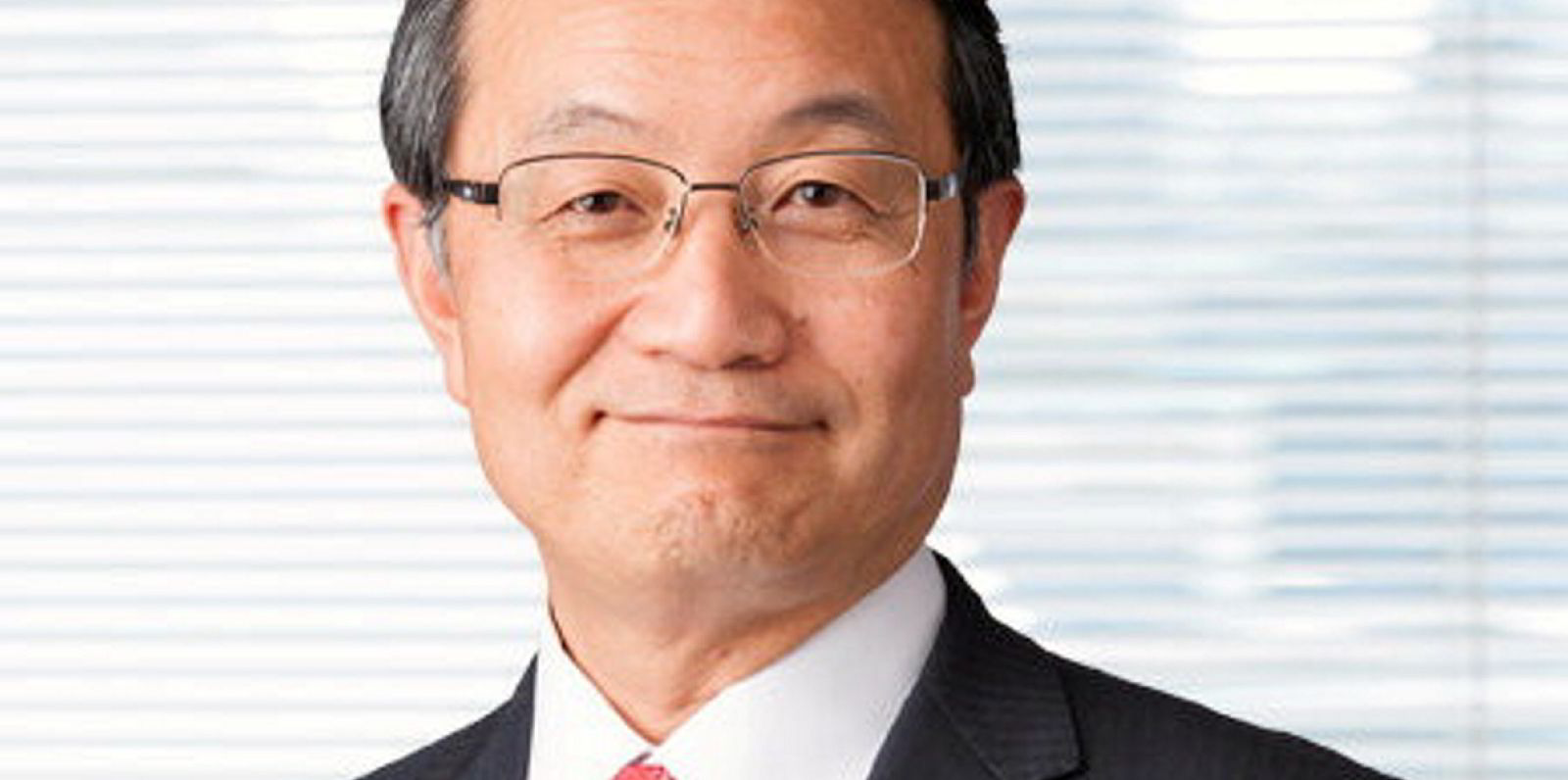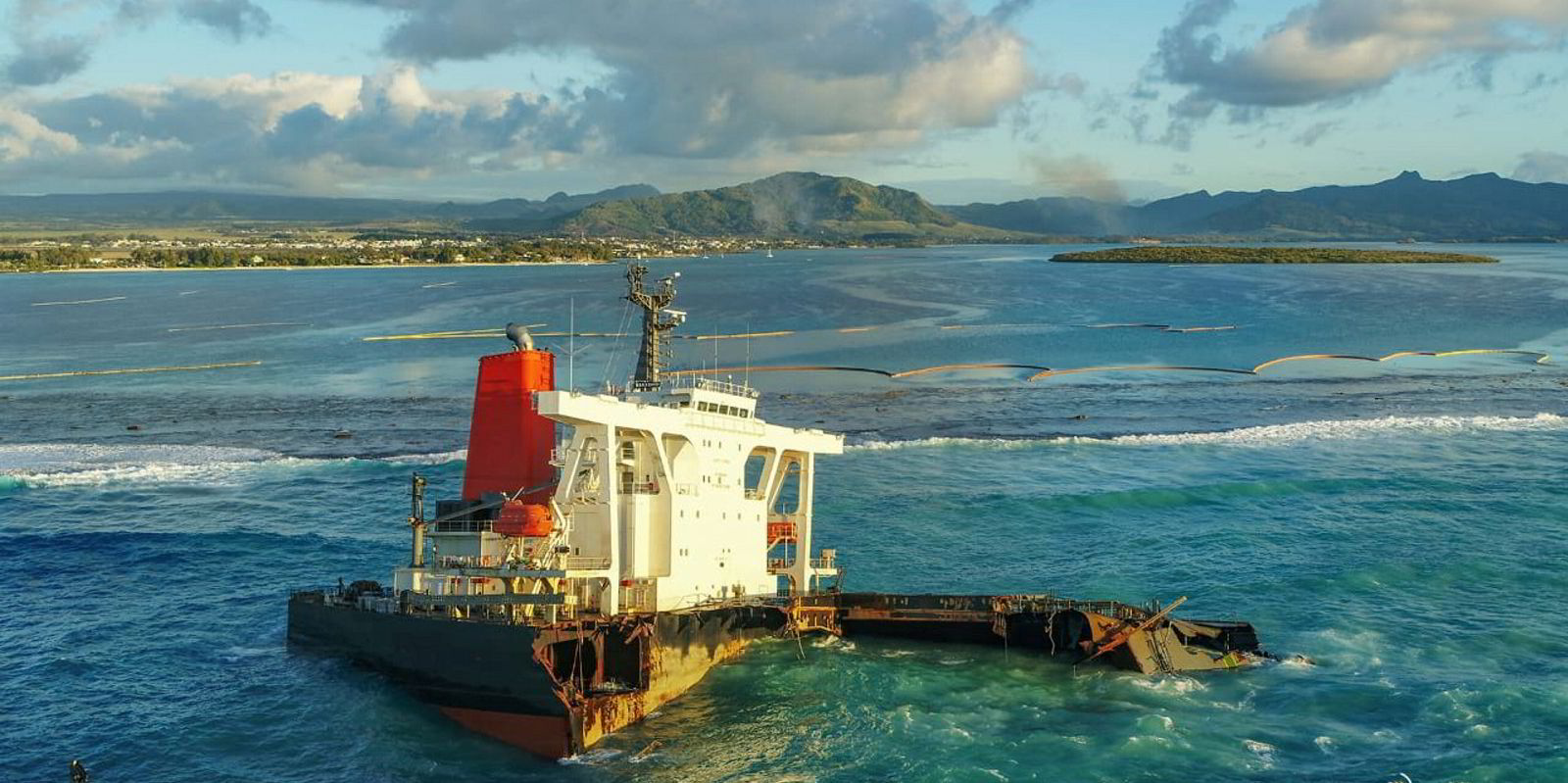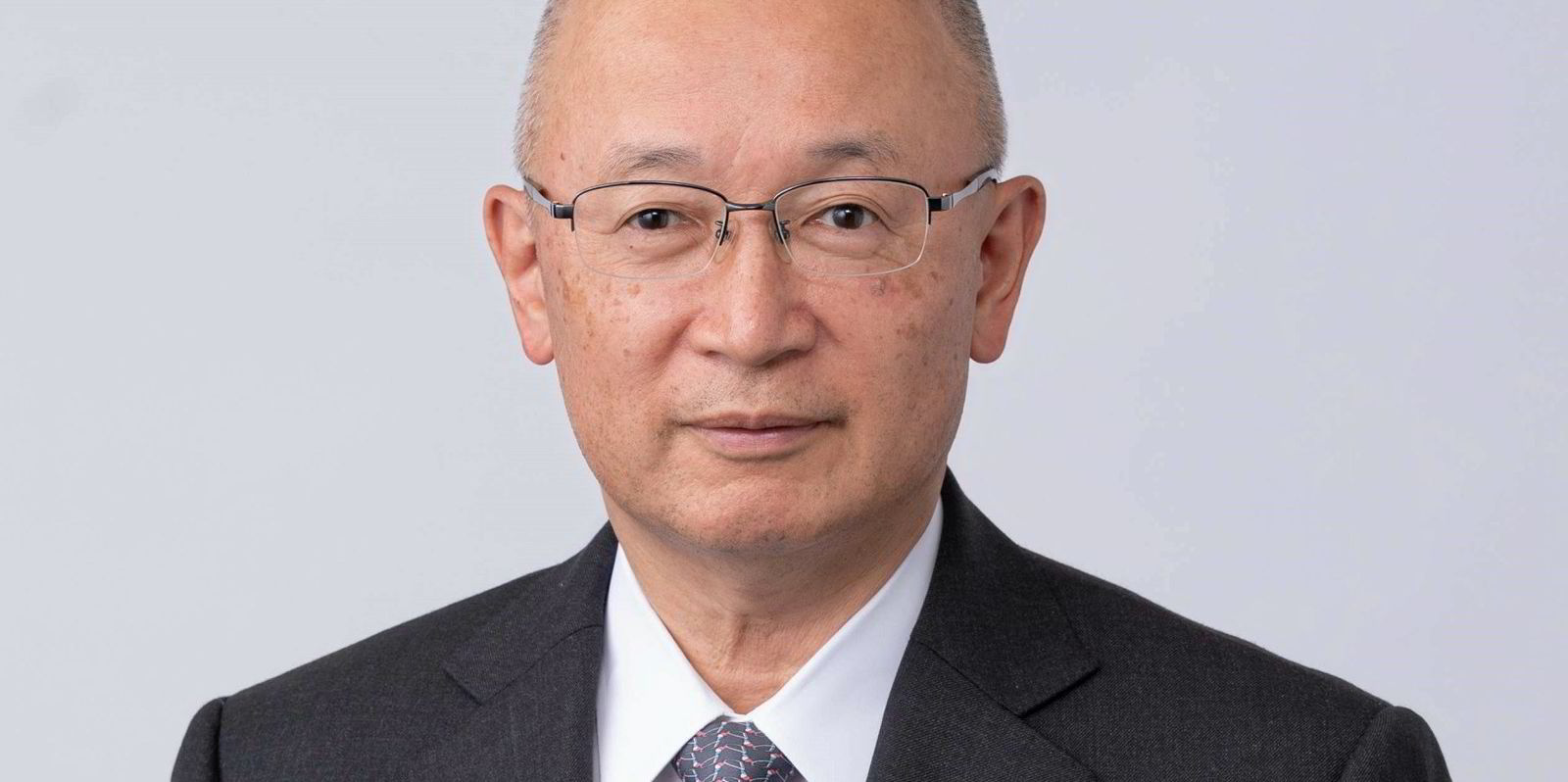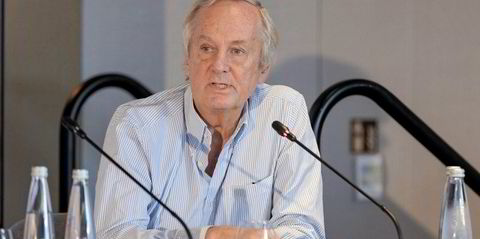Outgoing Mitsui OSK Lines (MOL) chief executive Junichiro Ikeda has said the company must never allow a Wakashio-type incident to happen again.
The Nagashiki Shipping-owned, MOL-chartered bulker ran aground off Mauritius in July, causing widespread pollution after the crew sailed the ship close inshore allegedly in search of a mobile phone signal.
“At the beginning of every year, I recommit to safe operation, but this year our attachment to safety goes deeper than usual,” Ikeda said in his last annual New Year message to staff.
“Just like with conformity to compliance, safe operation does not exist here in tangible form and, like our culture, it must be developed as a team.”
“As we take to heart that safe operation is the fundamental value of our company and the foundation of our business, all of us must pledge that we can never again allow the occurrence of an incident like Wakashio,” he said.
Ikeda is due to step down as chief executive of MOL on 1 April after five years at the helm of the world’s second-largest shipowner. He will become its next chairman.
He said that when he thought about how the incident affected the lives of the Mauritian people and the natural environment, he gained a “keen new awareness of the importance of safe operation”.
“We spent about four months after the incident mapping out measures to prevent reoccurrence, and we will put them into action as a company-wide project,” he said.
Ikeda added that these steps included improving the quality of chartered vessels and reviewing ship management, which “underpins the duties of a ship operator”.
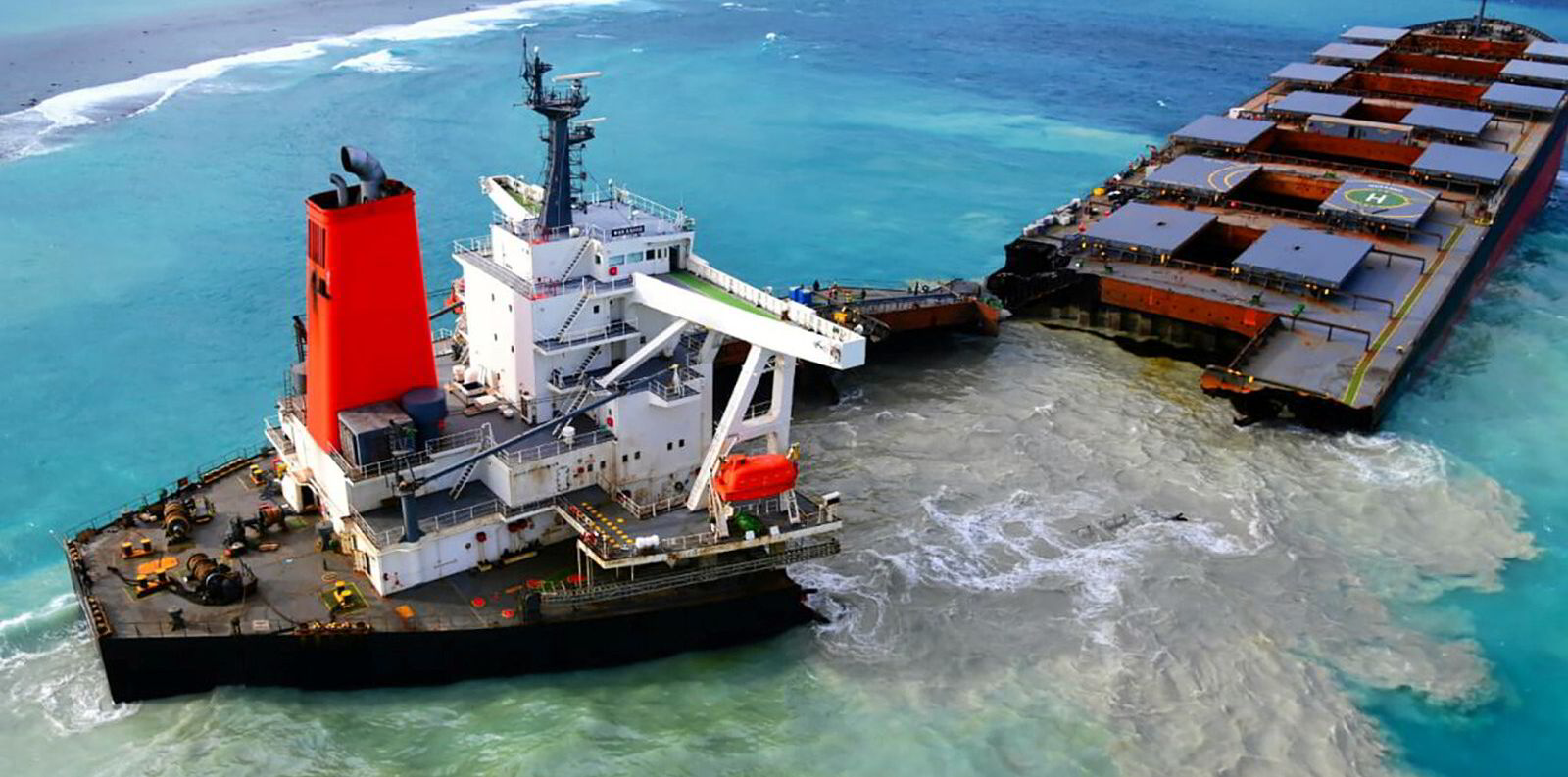
Reflecting on 2020 and the impact of the coronavirus he said: “Never before have we experienced such impact on our everyday lives, not to mention worldwide economic activity.
“I believe even most experts in the field of infectious disease could never have foreseen such an event.
“This pandemic has a significant impact not only on our group businesses, but also on our lives and workstyles.”
In particular, Ikeda said he “appreciates all the officers and crew members on our operated vessels, who remain on the front lines as essential workers”.
“They continue to overcome hardships and mental burdens, such as anxiety about contracting the virus and restrictions on crew changes, which keep many of them at sea far beyond their initial contract periods.”
Looking ahead, Ikeda said the impact of Covid-19 would “continue even as we enter 2021, and we still cannot deny that cargo trade will sink into a double-dip recession until the beginning of spring”.
“Are we well-prepared for a time of decreasing cargo trade?" he asked. "Can we respond with agility? We must always keep our antenna up to grasp trends accurately.”
Just as important, he said, was focusing on more significant changes in the world, changes that were triggered by the Covid-19 pandemic and continue to accelerate.
“As we look around us, it is difficult to be optimistic, but I believe our path will bring us back to a growth trajectory as we overcome the trials and turbulence of 2020,” he said.
“The move towards change will still be fast and strenuous, but let’s grow on a group-wide scale as we show our value — both socially and economically — as a sustainable company.”
